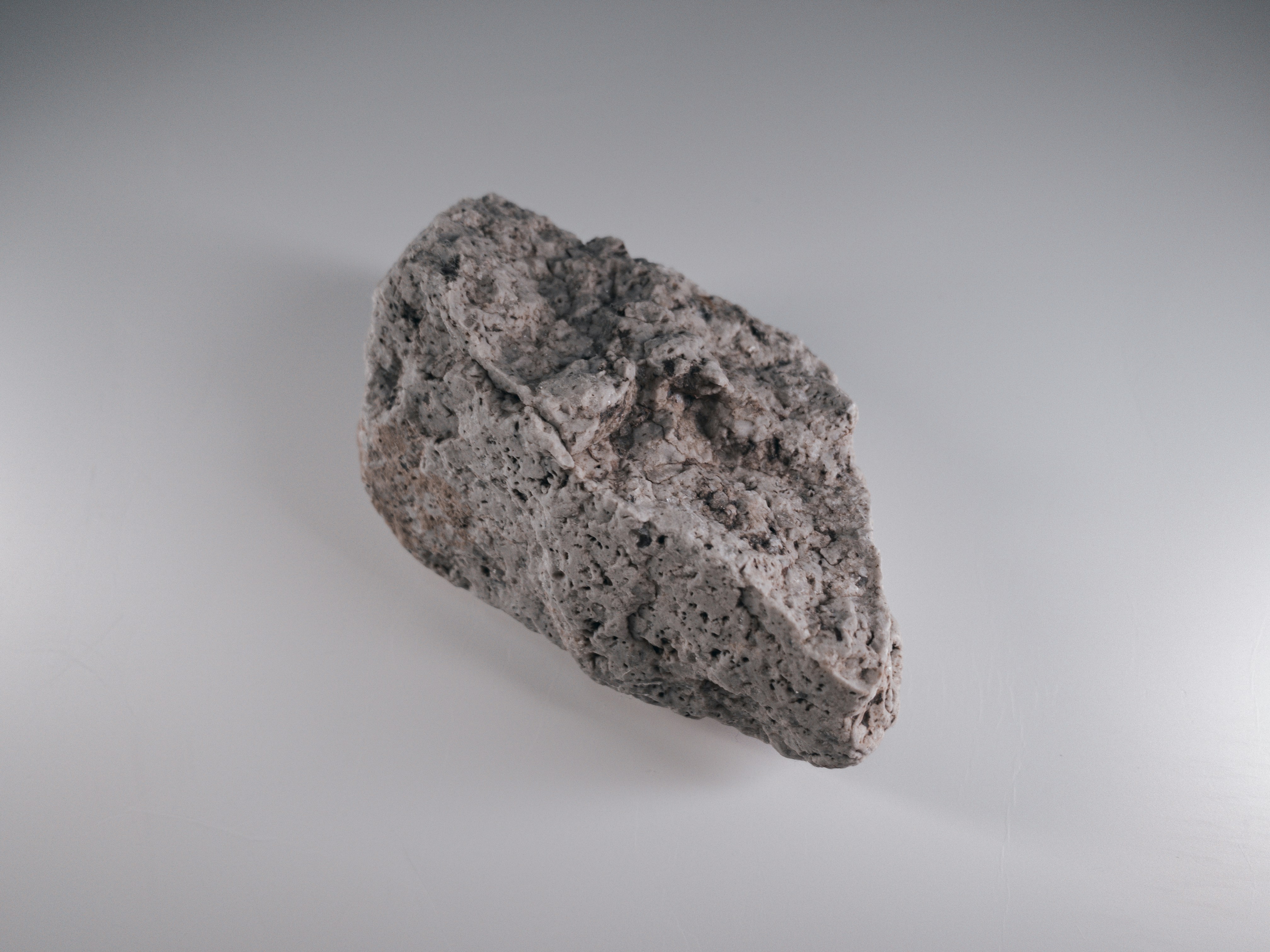Have you ever felt like your body is playing an elaborate game of hide and seek with food? One minute you’re enjoying your favorite dish, and the next, it seems like you’re wrestling with discomfort. It’s puzzling, isn’t it? This dance of discomfort can be especially tricky when it comes to oxalates and how your body manages them. Let’s unpack this relationship and understand the role of butyrate in reducing oxalate sensitivity.
What is Oxalate Sensitivity?
First, let’s break down what oxalate sensitivity actually means. Oxalates are compounds found in various foods, including leafy greens, nuts, and chocolate. For many people, eating foods high in oxalates isn’t an issue. However, for others, they can contribute to a multitude of symptoms, especially in those prone to kidney stones or certain gastrointestinal conditions.
Who is Affected?
Your body processes oxalates in a unique way. Some individuals experience oxalate sensitivity due to digestive disorders or an imbalance in gut bacteria. If you’ve ever felt bloated or uncomfortable after eating a meal rich in oxalates, you might be part of this group.
Symptoms of Oxalate Sensitivity
Some common symptoms of oxalate sensitivity include the following:
| Symptom | Description |
|---|---|
| Abdominal Pain | Discomfort after eating high-oxalate foods. |
| Kidney Stones | Crystals forming in the kidneys often linked to excess oxalate. |
| Digestive Issues | Bloating, gas, or diarrhea following meals. |
| Joint Pain or Inflammation | Many people report joint discomfort associated with a high-oxalate diet. |
If any of these resonate with you, it might be time to consider how oxalates are affecting your life.
The Link Between Gut Health and Oxalate Sensitivity
Your gut health plays a pivotal role in how your body processes various compounds, including oxalates. The balance of bacteria in your gut can significantly influence your sensitivity.
The Gut Microbiome
Your gut microbiome consists of trillions of microorganisms that help digest food, produce vitamins, and protect against harmful pathogens. A healthy balance of these microorganisms can also break down oxalates effectively, making them less likely to cause issues.
The Role of Butyrate
Now that you know about oxalate sensitivity and gut health, let’s talk about butyrate. This short-chain fatty acid (SCFA) is produced in the gut during the fermentation of dietary fibers. Butyrate is crucial for gut health and plays a significant role in managing inflammation and maintaining a healthy gut lining.
How Butyrate is Produced
Butyrate is primarily formed when beneficial gut bacteria ferment fibers found in foods such as:
| Food Item | Fiber Content |
|---|---|
| Whole Grains | Oats, barley, quinoa, brown rice. |
| Fruits | Bananas, apples, berries. |
| Vegetables | Broccoli, Brussels sprouts, carrots. |
| Legumes | Lentils, chickpeas, beans. |
By incorporating these foods into your diet, you can potentially enhance butyrate production in your gut, promoting overall gut health and possibly minimizing oxalate sensitivity.
How Butyrate Reduces Oxalate Sensitivity
So how exactly does butyrate play a role in reducing oxalate sensitivity? Let’s look at a few key factors.
Supports Gut Barrier Integrity
Butyrate is recognized for its ability to strengthen the gut lining. A strong gut barrier prevents harmful substances from entering your bloodstream while allowing essential nutrients through. If your gut lining is compromised—often referred to as “leaky gut”—you might experience increased oxalate absorption, leading to greater sensitivity.
Benefits of a Strong Gut Barrier
| Benefit | Description |
|---|---|
| Reduced Inflammation | A healthy gut barrier reduces systemic inflammation. |
| Improved Nutrient Absorption | Helps your body absorb vital nutrients efficiently. |
| Lowered Risk of Infections | Strengthens defenses against harmful pathogens. |
Improving your gut barrier through butyrate can help mitigate the effects of oxalate sensitivity.
Modulating Inflammation
Butyrate has anti-inflammatory properties, which are beneficial for those who experience systemic reactions due to oxalate consumption. When you consume foods high in oxalates, they can trigger an inflammatory response in your body. Butyrate can help soothe this response, allowing you to enjoy a wider range of foods without discomfort.
Enhancing Oxalate Metabolism
Research suggests that butyrate may also enhance the metabolism of oxalates in the gut, promoting their breakdown. Beneficial gut bacteria that thrive on butyrate might have an easier time tackling oxalates, decreasing their potential problematic effects.
Practical Tips to Increase Butyrate Levels
Now that you understand the integral role of butyrate in mitigating oxalate sensitivity, you may be wondering how to naturally increase its levels in your gut. Here are some straightforward strategies you can adopt.
Dietary Changes
Opt for a diet rich in fiber to encourage butyrate production. Here are some specific foods to consider:
- Fruits and Vegetables: Aim for a colorful variety.
- Whole Grains: Choose whole grains over refined options.
- Legumes: Incorporate beans and lentils into your meals.
Prebiotic Foods
Adding prebiotic foods to your diet can significantly boost butyrate production. Foods like garlic, onions, leeks, asparagus, and bananas can help promote the growth of beneficial gut bacteria that produce butyrate.
Fermented Foods
Including fermented foods such as yogurt, kefir, sauerkraut, and kimchi can enrich the diversity of your gut microbiome. This diversity is essential for a thriving gut environment and supports butyrate production.
Supplement Options
If dietary changes are challenging, you might consider butyrate supplements. As always, check with a healthcare professional before starting any new supplement regimen.
Understanding the Interplay Between Oxalates and Butyrate
The relationship between oxalates and butyrate is intricate and fascinating. While it’s essential to remain mindful of oxalate-rich foods, it’s equally crucial to fuel your body with the necessary nutrients to support healthy digestion and gut flora.
Personalizing Your Approach
Every body responds differently to dietary changes. It might be helpful for you to keep a food diary, noting what foods you consume and how they affect you. This practice can help you identify which foods to cut back on and which can be enjoyed more liberally.
Consulting a Healthcare Provider
If you suspect that you have oxalate sensitivity or are struggling with related symptoms, consulting a healthcare provider or a registered dietitian can provide personalized guidance. They can help you develop an eating plan that strikes the right balance for your health needs.
Potential Concerns with Increased Butyrate Levels
While butyrate is generally beneficial, it’s worth noting some potential downsides.
Gut Dysbiosis
Taking measures to boost butyrate without considering other aspects of gut health can lead to imbalances. A focus solely on high-fiber or butyrate-rich diets might inadvertently neglect other necessary nutrients or beneficial bacterial strains.
Over-Supplementation
If you choose to opt for butyrate supplements, be cautious not to exceed recommended dosages. Over-supplementation can sometimes lead to gastrointestinal discomfort or other adverse effects.
Conclusion: Embracing a Balanced Approach
Finding balance is key to navigating the relationship between butyrate and oxalate sensitivity. Taking actionable steps to improve your gut health can lead to a rewarding experience with food, one where you can enjoy a diverse diet without fear or discomfort.
It all starts with understanding your own body and making choices that cater to your unique needs. Remember, your journey toward optimal health is tailored to you. While oxalates may present challenges, appreciating the benefits of butyrate can pave the way toward a more comfortable and enjoyable relationship with food.
It’s all about learning, adapting, and ultimately finding joy in every meal you savor. So, as you take these insights into account, think of your plate not just as a source of nutrition but as a canvas for your health journey. As you continue to learn about how oxalates and butyrate affect you, may you find that sweet spot of balance and wellness.




